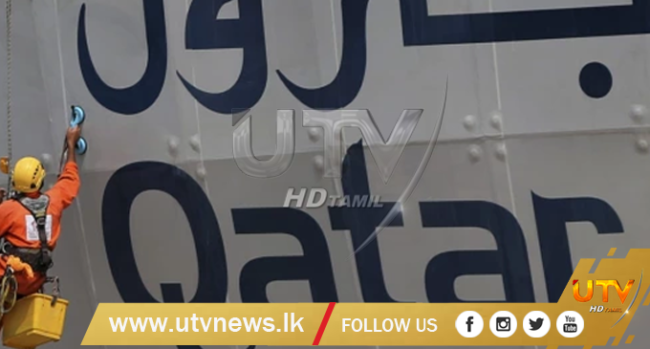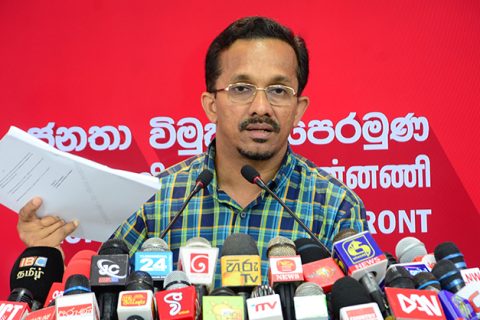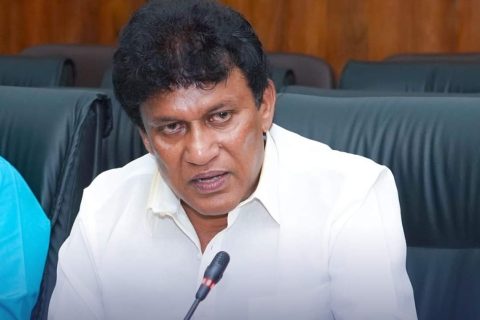(UTV|COLOMBO) On December 16th, 2015, 28 members of the Qatari royal hunting party were kidnapped in Iraq. They had gone falcon hunting, despite warnings not to travel to Iraq.
On Monday, the BBC reported a government hostile to Qatar leaked a series of texts and voicemails between the ambassador of Qatar to Iraq, Zayed al-Khayareen, and the foreign minister, Sheikh Mohammed bin Abdulrahman, which shed new light on the ransom payment.
The BBC’s new evidence points to the ransom being paid by the Qataris to terrorist organisations – a claim Qatar, which is under scrutiny for funding terrorism, vehemently denies.
The Qatari government insists that the money paid went to the Iraqi government for development and funding and to safeguard the return of the hostages.
Qatar reportedly identified the kidnappers as Kataib Hezbollah, a para-military group, funded by Iran. In March 2016, the group started making their demands – they wanted money, though how much at the time was not apparent.
As time went on, the kidnappers kept increasing their demands. Not only did they want cash, but the mediators soon started demanding Rolexes, and side-money. What for, the Qataris still do not know. The BBC report claims it may have been for the mediators themselves, or in order to “grease the kidnappers’ palms.”
One of the negotiators asked for $10 million for his efforts in the negotiation process.
Kataib Hezbollah, under the patronage of Iranian General Qasem Soleimani also started demanding the removal of Qatari forces from Yemen, the release of Iranian prisoners held in Syria.
One of the demands, key to the eventual release of the hostages, was the “four towns agreement”. This was a plan to remove the populations of two Sunni towns in a Shi’a held region of Syria, and the population of two Shi’a towns in the Sunni held region. The deal resulted in the eventual population swap of thousands of people.
Furthermore, the leaked tapes make mention of the sum of $1bn, and an additional $150 million. The government that leaked the tapes believes that this was the necessary part of the deal.
The transcripts were first leaked to the Washington Post in April 2018. The government which leaked the transcripts waited for the Qataris to deny the claims, before leaking the audio recordings to the BBC in order to embarrass them.
While the Qatari government accepts that the tapes are real, they assert that they were heavily edited and tampered with in order to paint Qatar in the worst light possible.
The hostage situation ended in April 2017, 16 months after the kidnapping. Qatar Airways flew Qatari emissaries with 23 bags filled with cash to Iraq. After a standoff at the airport, the Iraqi government seized the cash. However the hostages were still released.
The hostages were released despite the no-show on the cash. This was tied to the “four towns agreement” which had gone ahead.
Shortly after, Saudi Arabia, Egypt, and the United Arab Emirates started their blockade of Qatar, citing that they had a long history of financing terrorism.
The BBC reports that the mystery remains unsolved. The Qataris remain adamant that the cash is in Iraqi central bank vaults, whereas the anti-Qatari faction purports that the Iraqi government inserted themselves into the hostage situation and distributed the money.
S0urce : haaretz.com



